East Asian Medicine (EAM) focuses very heavily on food as medicine. And within that concept, the thermodynamics of the food is where attention should be paid because the temperature of the foods we eat can impact our overall health. Generally…


East Asian Medicine (EAM) focuses very heavily on food as medicine. And within that concept, the thermodynamics of the food is where attention should be paid because the temperature of the foods we eat can impact our overall health. Generally…
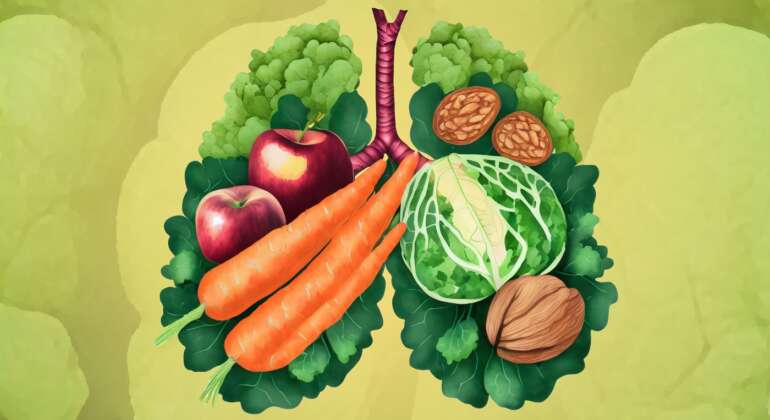
Educating patients about nutrition is an integral part of East Asian Medicine (EAM). What we eat plays a vital role in our overall health and how our body functions. It’s also important to understand how eating with the seasons factors…

Walking barefoot on grass, sand or warm pebbles can be extremely beneficial. But indoors, especially during the colder winter months, bare feet on hard, cold floors can be more draining than refreshing. In East Asian Medicine (EAM), this simple act, standing…
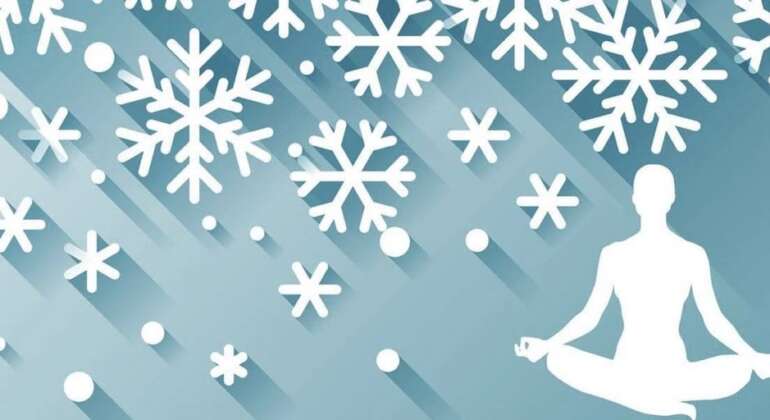
In East Asian Medicine, there are specific aspects of nature that we follow closely. The most basic of these are the concepts of yin and yang. For the body to maintain homeostasis between yin and yang, it is important to…
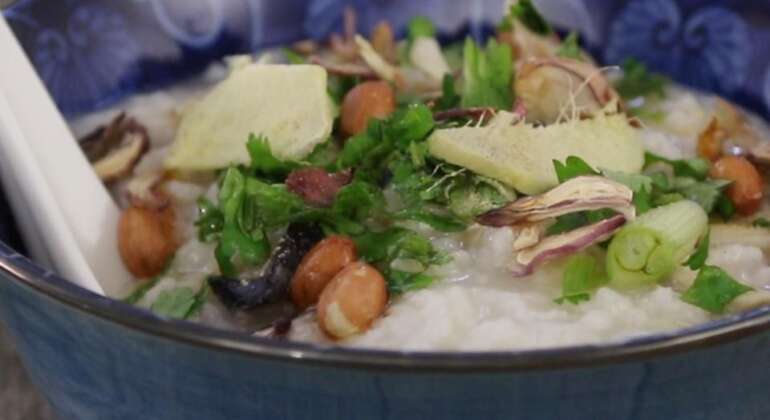
As we get deeper into winter and as the “ick” continues to make its way through the population, don’t forget to go back to the basics of health…food is medicine. Food has the power to heal and utilizing traditional recipes…

When the weather becomes cold and the snowflakes begin to fall, it’s safe to say that winter has finally arrived. For many, winter means retreating to warmer areas of the world and taking that long awaited vacation. However, many others…

East Asian Medicine (EAM) teaches that humans should live in harmony with the seasons. According to EAM, there are five seasons – winter, spring, summer, late summer and fall. Each season has many associations that help us adjust our habits…
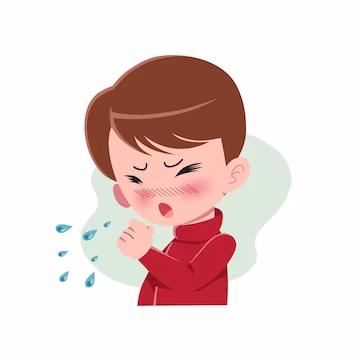
Winter, commonly referred to as “cold and flu season”, is the time of year that almost everyone either gets sick or is surrounded by those that are. But the common cold doesn’t follow a schedule. The common cold can happen…
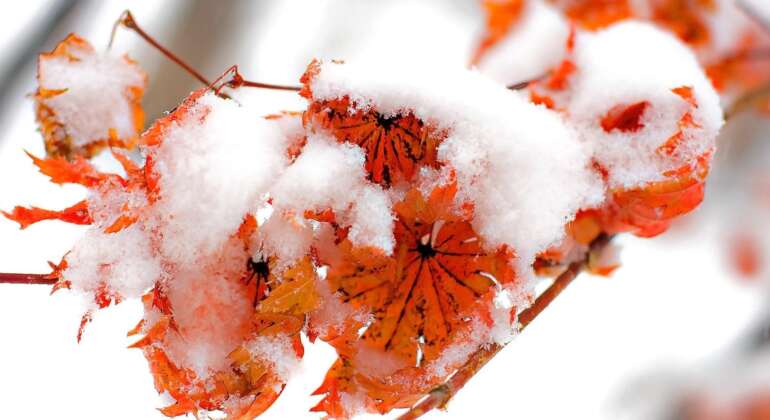
As fall starts to wind down and winter quickly approaches, many adjustments need to be made. This can mean adjustments to sleep patterns, dietary patterns, activity levels and more. Mentally, many people struggle with this time of year. In late…

In East Asian Medicine, dry skin is caused either by exposure to excessive dryness and heat (as in the dry heat produced by HVAC systems or radiators) or a deficiency of blood and fluids within the body. These causes can…